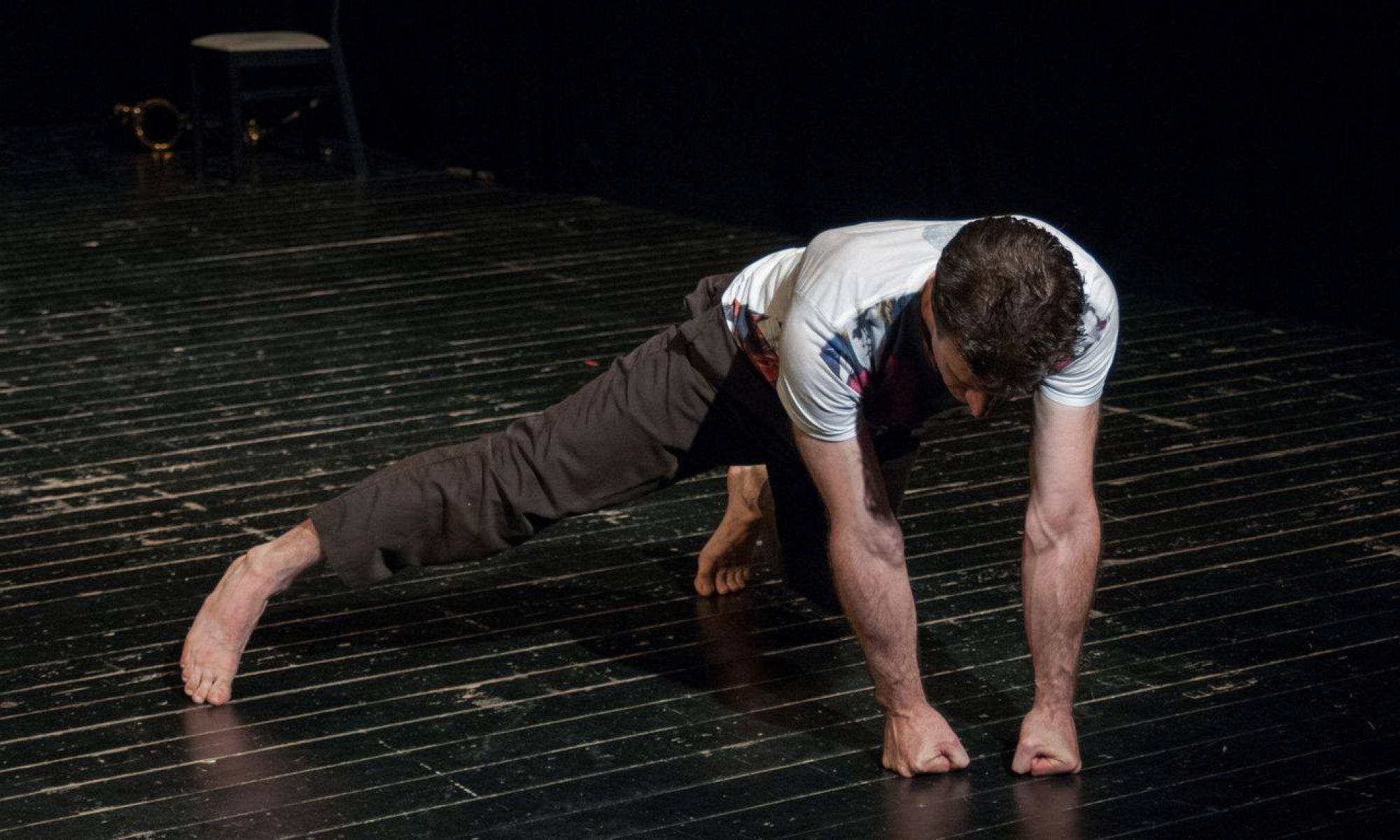
Representationalism [i]s a Cartesian byproduct
“I want to encourage doubt about [the] presumption that representations (that is, their meaning or content) are more accessible to us than the things they supposedly represent. If there is no magic language through which we can unerringly reach out directly to its referents, why should we think there is nevertheless a language that magically enables us to reach out directly to its sense or representational content? The presumption that we can know what we mean, or what our verbal performances say, more readily than we can know the objects those sayings are about is a Cartesian legacy, a linguistic variation on Descartes’ insistence that we have a direct and privileged access to the contents of our thoughts which we lack towards the “external” world. ” – Joseph Rouse
projects of the moment

Philosophical Failure

circle

need to think

Don’t watch dance, read about it!
Likewise, my analysis of the choreographic compositions will entail an unusual amount of intricate detail in an attempt to unfold, as concretely as possible, the stuff of choreographic problems, which might prove beneficial to readers unfamiliar with the practice of dance.
Bojana Cvejic, pages 3-4, from
Choreographing Problems: Expressive Concepts in European Contemporary Dance and Performance
(and maybe readers who are unfamiliar with dance should go see live performances first, BEFORE they start reading about it.)
Non – sense
“This is part of the reason why it is nonsense to speak of observing, inspecting, witnessing or scrutinising sensations, since the objects proper to such verbs are things and episodes.” – Ryle 2009 p 189
I would propose that this thought is an example of how how faith in text trumps corporeal experience. Sounds like par for the course for a philosopher.
Not in Tune
“I feel or have the tweaks, but I do not discover or peer at them; they are not things that I find out about by watching them, listening to them, or savouring them. In the sense in which a person may be said to have had a robin under observation, it would be nonsense to say that he has had a twinge under observation.” – Ryle 2009, p 185.
This statement by Ryle leads me to believe that he was not in tune with his soma.
Ryle was never hugged
People can see, hear and jolt one another’s bodies, but they are irremediably blind and deaf to the workings of one another’s minds and inoperative upon them (Ryle, 2009, p.3)
